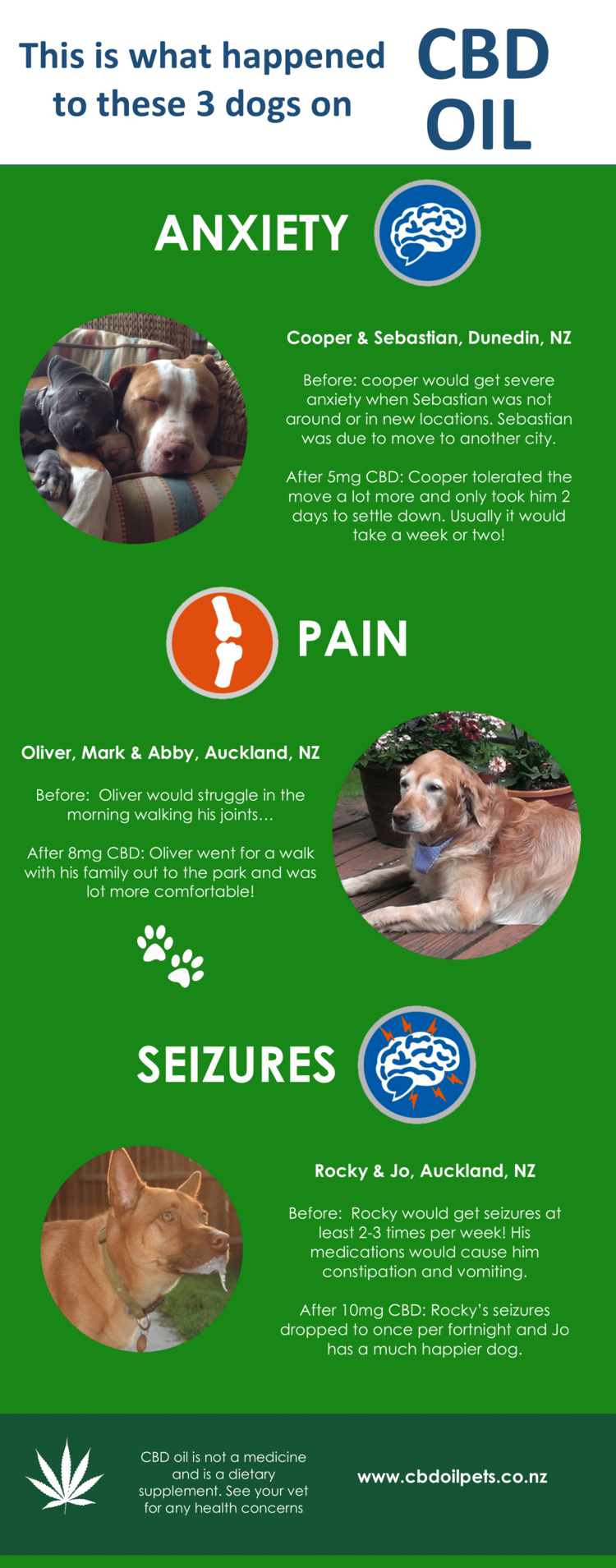How Dog Daycare Handles Emergencies
How Dog Daycare Handles Emergencies
Blog Article
Can Pet Day Care Cause Illness?
Pets in day care get lots of workout, socializing with other dogs and unique experiences. This can be specifically practical for young puppies and dogs with behavior concerns.
There are a number of lawful factors to consider you require to consider when starting a dog childcare organization. These consist of the framework of your business and compliance with government guidelines.
1. Dog Distemper
Canine distemper is spread out via straight contact with the physical fluids and waste of an infected canine, however it can likewise be transferred by means of common water and food bowls or via air-borne beads. This extremely transmittable ailment is most unsafe for puppies, but it can impact canines of any type of age and is deadly for a lot of if left unattended.
First signs and symptoms of canine distemper often mimic a common cold, including runny eyes and nose with watery or pus-like discharge. As the illness advances, a canine will establish fever, coughing, decreased hunger, vomiting and diarrhea. The infection can additionally strike the nerves, causing seizures, shivering and partial or full paralysis.
Reputable daycares lower direct exposure to infection by calling for inoculations, routine health examinations and follow stringent health protocols. If your pup seems extremely weary or limping, a day off might aid him recoup, however you must prevent taking him back to day care up until these signs improve.
2. Kennel Cough
Kennel cough, also called transmittable canine tracheobronchitis or Bordetella, is a very infectious viral or bacterial disease that influences the respiratory system system. It's frequently transferred through the exchange of saliva or air droplets that an unwell pet dog breathes out. Social canines are at higher threat for infection as a result of their constant communication with one another, such as when they play, share food or water, sniff each other or just meet in a crowded setting like a pet dog park or day care.
The most usual signs and symptom of kennel cough is a persistent and forceful coughing that sounds like something stuck in the throat or retching. Often, dogs will certainly spend frothy white phlegm. If left untreated, a pet can establish pneumonia and be at significant danger for life.
A reliable childcare center ought to have strict cleansing and sanitation protocols, disinfect all toys, food and water bowls regularly, and be open concerning their vaccination plans. Maintaining your canine up to day on their vaccinations, specifically for bordetella and canine flu, will considerably decrease their opportunities of acquiring the illness.
3. Parvovirus
Canine parvovirus, or parvo, is a very infectious viral illness that can be dangerous for puppies and young person canines with inadequate immune systems. It's most commonly spread out by direct contact with polluted dog feces-- which can take place when canines smell, lick, or taste contaminated feces-- and indirectly from polluted individuals, items, or settings (like kennels, grooming areas and yards). Pups and canines without full vaccination backgrounds are particularly susceptible to parvo.
The infection is extremely resistant, surviving in the setting for as much as 9 years, and can quickly be moved between pets by get in touch with via feces or on shoes, apparel, and bed boarding dog linen contaminated with parvovirus. Otherwise dealt with promptly with IV liquids, electrolyte balance, throwing up control medications and anti-biotics to prevent second bacterial infections, a pet dog will rapidly dehydrate and create serious looseness of the bowels, which leads to shock and blood poisoning. Parvo is difficult to treat as soon as a canine has actually come to be ill, but with proper vet care, lots of puppies do endure this illness.
4. Canine Flu
Pooch influenza virus is very contagious and spreads with straight contact, sharing food and water bowls, licking or nuzzling various other dogs, with air-borne droplets, and with infected surfaces. Vaccination works in reducing the danger of infection and break outs.
The majority of affected pet dogs develop a moderate respiratory system infection with a cough that lasts 1-3 weeks. They may likewise have nasal and eye discharge, sneezing, and lethargy. A few of one of the most serious situations cause pneumonia and a high fever.
If your pet exhibits any of these signs, do not bring them back to childcare until they are healthy. If your pet dog is revealing indicators of extreme tiredness or hopping, talk to your vet as soon as possible and make sure they are on health supplements to aid construct their immunity. A veterinarian will certainly examine your pet for symptoms of the flu by taking an example from the nose or throat, and blood examinations can be done to confirm.